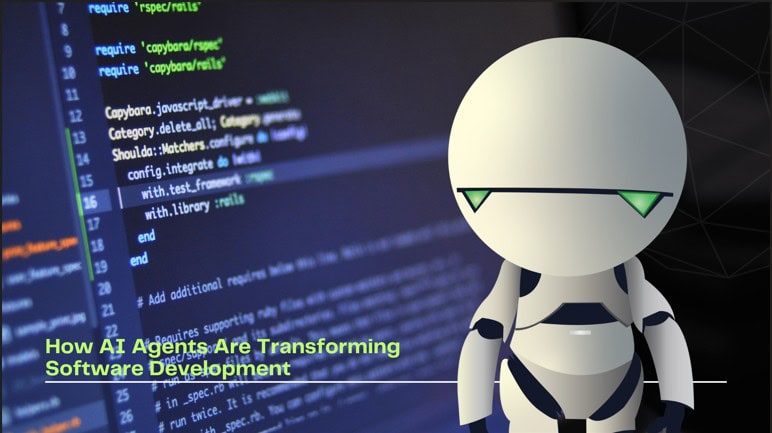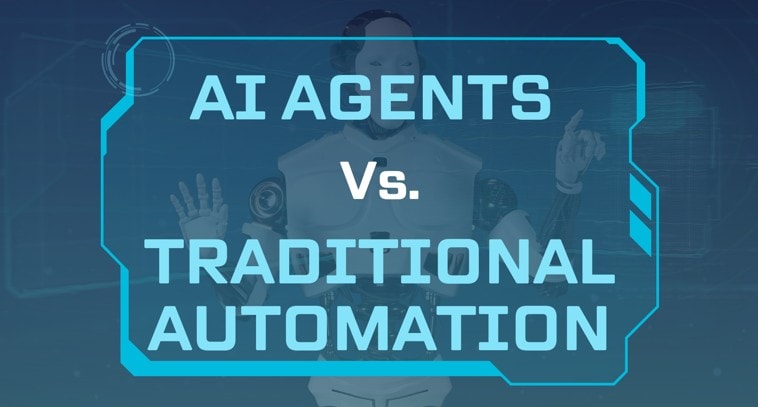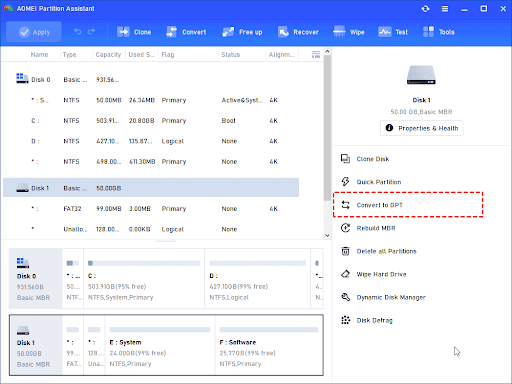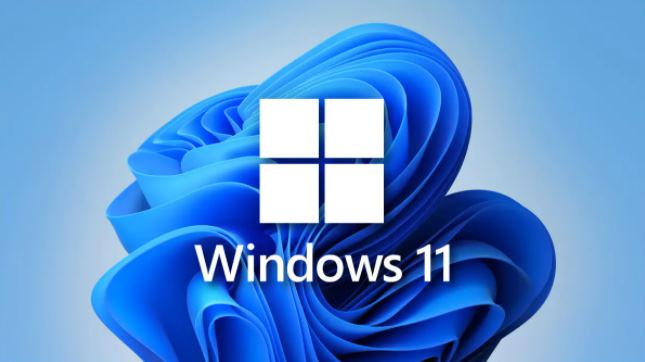The danger of running more than one antivirus on a Windows PC: It is in your best interest to put as much vigor as you can into safeguarding your computer in this day and age of growing online dangers.
You might also believe that if you install two different antivirus, you will have twice the level of protection. Sadly, that isn’t the case most of the time, and in fact, it may create more issues than it solves by preventing them.
Here are some of the reasons why you shouldn’t run multiple antivirus programs on your Windows computer.
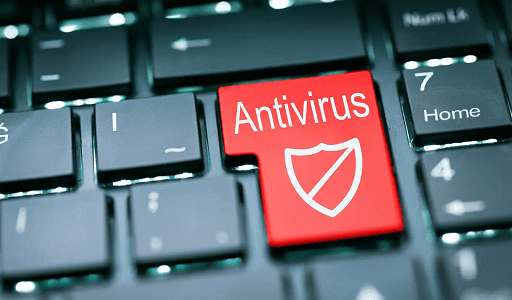
Is it possible to Install multiple Antivirus?
Let’s take a quick look at the possibility of doing so on your computer before we move on to the reasons why you shouldn’t have more than one active antivirus program running at the same time.
On a computer, it is technically possible to install multiple antivirus programs, but we do not recommend doing so. Even if you use a different anti-virus program, like Norton or Avira, as your primary line of defense against viruses, there are some programs, like Microsoft Defender, that allow you to activate additional features as an option.
You could even install two separate third-party antivirus programs, and it’s possible that you won’t run into any issues as a result. As long as they aren’t actually competing against each other for control of the machine.
The question that arises, however, is why one should even bother. The premium versions of antivirus software typically provide users with the same or very similar tools.
It is possible to say the same thing about their free equivalents. The detection rate is probably going to be the only real difference between the two, and even this difference is going to be pretty small most of the time.
If you are having trouble finding the right security tool for your device, our guide to selecting the most effective antivirus software should be of assistance.
Virus Interception Conflicts between Antivirus
For effective defense against malicious software, your computer’s antivirus software requires access to advanced system functions. It must be capable of scanning specific file types and locations deep within the kernel, which are often targeted by malicious programs.
To achieve this, the antivirus software injects event interceptors that scrutinize for potentially malicious behaviour, analyze event data, and subject potentially harmful files to a malware scanner.
If you have more than one antivirus program installed, each one will attempt to inject its interceptor into the system kernel to protect your computer. There is a high possibility that this will result in disagreements.
Due to the potential for conflicts, neither of the two antivirus programs may be able to perform their functions as intended. Because of this, potentially malicious files could go undetected. It is even possible that it will cause the entire system to freeze and essential data to be lost irretrievably.
Unreasonable use of the System’s Resources
Antivirus programs, by the very nature of their design, are required to maintain a state of constant vigilance. That denotes that they are always operating, at least to some degree, and in every situation.
Even just one complete antivirus suite has the potential to put a noticeable strain on system resources; this is especially true if your computer isn’t the most powerful one available. Just try to picture the potential consequences of having two different anti-virus programs active.
Even if both programs were able to function normally and there were no conflicts between them, the situation would still be extremely problematic. However, if the two pieces of software are in competition with one another, the consumption of resources may increase even further, even if doing so is not essential.
It is not uncommon for Microsoft Defender, the antivirus software that is pre-installed with contemporary versions of Windows, to use up between 30 and 40 percent of the available processing power. That’s on a typical laptop, and it assumes that real-time scanning is turned on. However, the price of the system will remain relatively constant regardless of whatever antivirus software is used.
If you use Microsoft Defender and your system is showing signs of strain, you should make some adjustments to these Microsoft Defender settings to improve the performance of your computer.
Using Two Different Antivirus Programs Will Be a Complete Waste of Your Time
We aren’t just talking about how having two programs that do the same thing as one is redundant and a waste of time here. Setting up, configuring, updating, and managing quarantined files with a single antivirus product requires some time.
Protecting your computer is an investment that will pay you in the long run, but do you really want to double the amount of time it takes? It is in your best interest to devote your full attention to the management of a single antivirus program rather than making a half-hearted effort to handle two programs at the same time.
The waste of time is perhaps the least of the difficulties that are produced when many anti-virus programs are installed on a computer. There are some exceptions to the rule that you shouldn’t use multiple antivirus programs on your personal computer, and one of those exceptions is if time is not an issue for you.
And if you’re in the market for a new antivirus, make it a point to research whether or not free antivirus apps or paid antivirus apps are the better choices for meeting your requirements in terms of safety.
Detection of a False Virus
Let’s assume that both of your antivirus products were installed correctly and are currently operating in harmony with one another. The second potential issue, which involves false positives, may now arise at this time.
It’s possible that one of the antivirus programs will pick up on a potentially malicious file and send it to the quarantine folder. That does not necessarily imply that the other program will not also detect the same suspicious file as the first program did. It is possible that it will then move the file to a different location within the quarantine.
This might make it difficult to actually delete the infected file, or it might lead to multiple false positives when checking for viruses. That is not an ideal circumstance under any circumstances, no matter how you look at it.
There are certain exceptions to the Dual-Antivirus rule.
The detection rate or detection level is the primary factor that differentiates one antivirus program from another, as was just mentioned. When comparing the best-rated antivirus software, the gap between these two options is typically quite narrow. However, there may be differences in what a program scans and how well it does so.
You can install two different antivirus programs on your computer, but you can only use one of them at a time. This gives you the ability to cover all of your bases.
Start by performing a scan with the first program, then turn it off and continue with the second program. This should prevent problems and conflicts from occurring, but there is still a chance that they will. You are responsible for both the choice and the risk.
Another one is when you have security tools in each program that are complementary to one another but distinct from one another. For instance, a virus scanner in one, a password manager, a virtual private network (VPN), or a firewall in the other.
There should not be a conflict as long as you are certain that only those instruments that are complementary to one another are engaged. You still run the danger of putting an undue strain on the system, and it is typically preferable to find those identical tools within one security suite rather than separately.
You should Install One Antivirus on Your Windows PC
It can be tempting to imagine that doubling the number of antivirus products installed will quadruple your security level. I’m sorry to say, but this is nearly never the case. Not only do two antivirus programs typically cancel each other out, but the procedures that they require to carry out could lead the system to become unstable.
It is even possible for it to cause your computer to crash or let dangers stay on the system when they should have been eliminated.
Would you like to read more about the Danger of running more than one antivirus on a Windows PC-related articles? If so, we invite you to take a look at our other tech topics before you leave!




